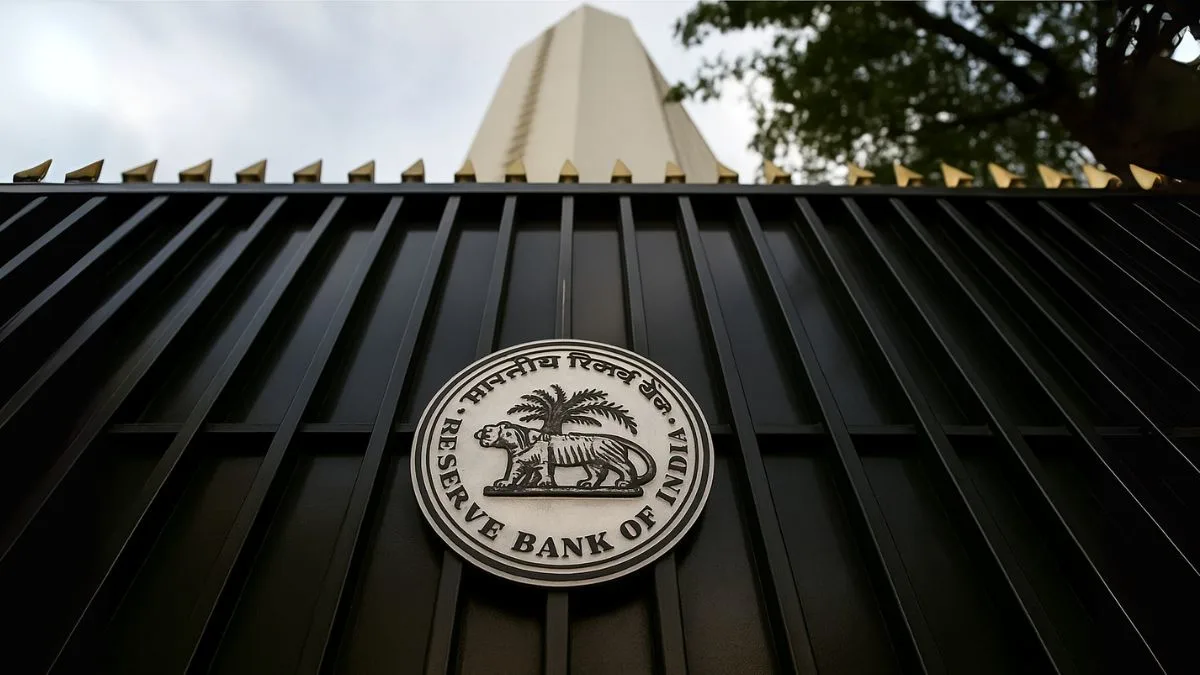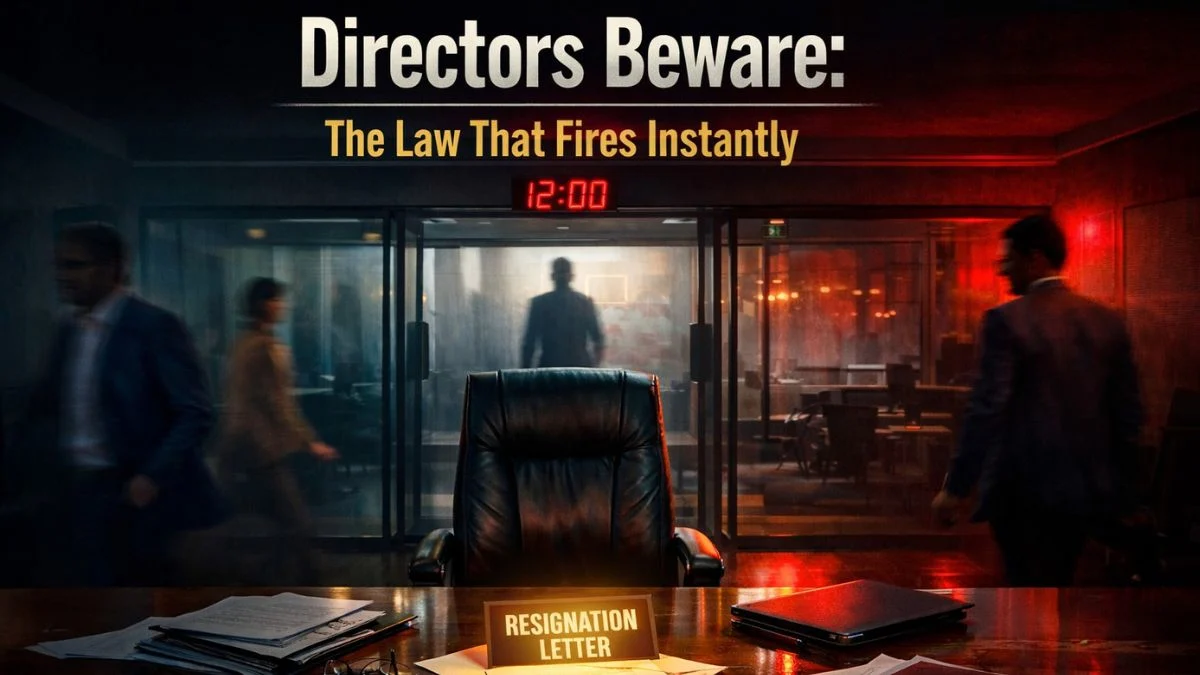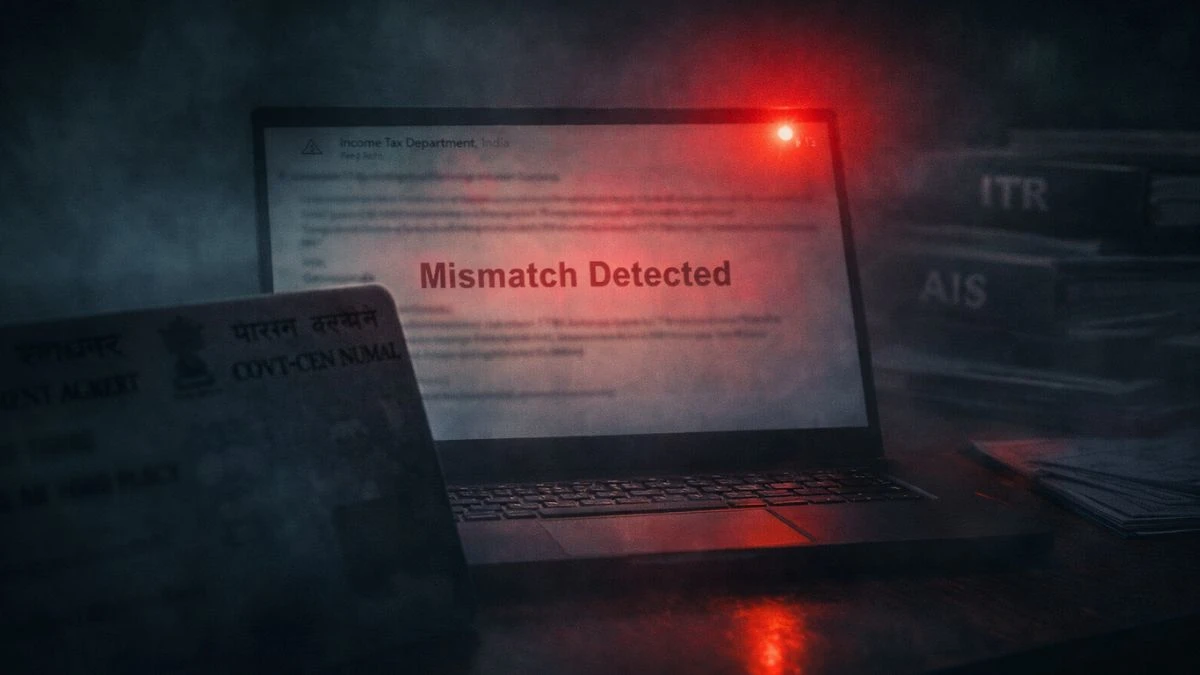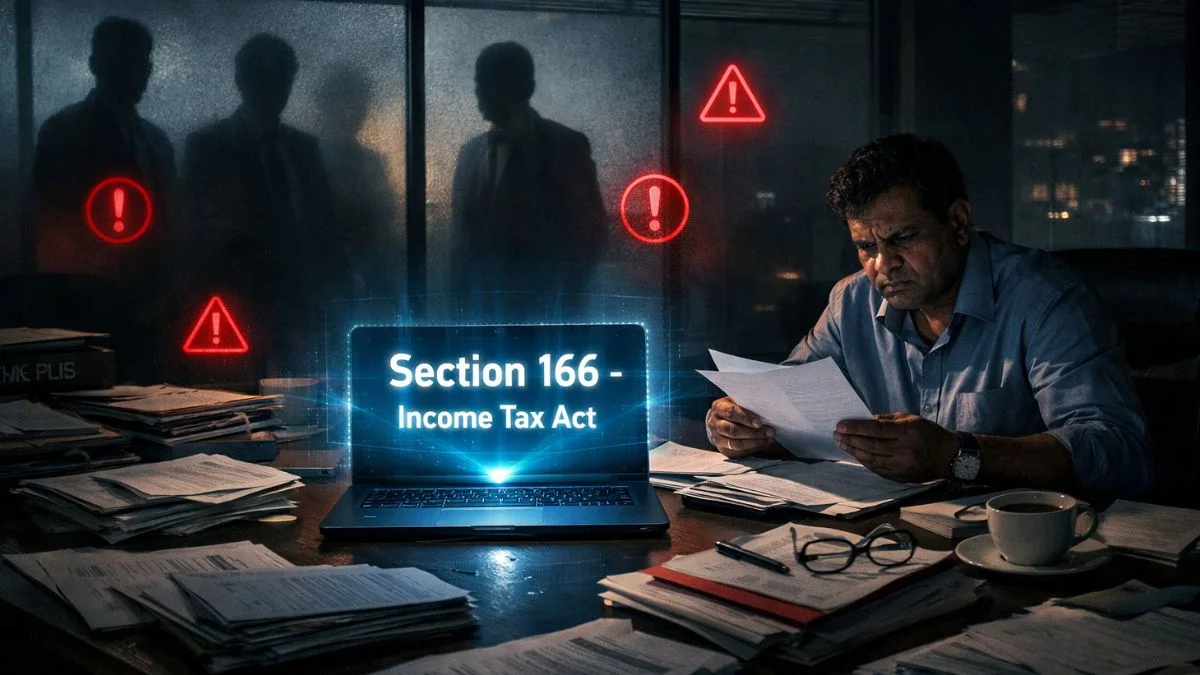
Picture this: you are at home with your family, and suddenly, someone shows up claiming to be a recovery agent from your bank. They start demanding repayment, sometimes in a harsh or intimidating manner. For many borrowers in India, this is a very real and stressful situation. But here’s the good news—you are not helpless. The Reserve Bank of India (RBI) has laid down clear rules to protect borrowers from harassment and unethical recovery practices.
This article will guide you on what to do if a recovery agent comes to your home, what rights you have, what recovery agents are allowed to do, and what is strictly prohibited under RBI’s guidelines.
Who Are Recovery Agents?
Recovery agents are third-party individuals or agencies hired by banks, NBFCs, and lending institutions to collect overdue loan amounts. Their job is to recover unpaid EMIs or dues on behalf of the bank. While recovery is a legitimate process, problems arise when agents use threats, abusive language, or harassment to pressure borrowers.
The RBI has taken strong measures to regulate such practices, ensuring borrower protection & ethical recovery methods.
What RBI Rules Say About Recovery Agents
The RBI has set strict guidelines on how recovery agents must conduct themselves. Here are the key points:
- Timings for Visits – Recovery agents can only contact borrowers between 7 AM and 7 PM. Any visit outside these hours is against RBI rules.
- Respectful Behavior – Agents must speak respectfully & cannot use abusive or threatening language.
- Privacy Protection – They cannot publicly shame borrowers or contact neighbors, employers, or relatives unnecessarily.
- Identification – Every recovery agent must carry a valid ID card issued by the bank/NBFC. You have the right to demand to see it.
- No Harassment – Physical intimidation, verbal abuse, or threats are strictly prohibited.
- Borrower’s Complaint Rights – If a borrower feels harassed, they can file a complaint with the bank’s grievance redressal system & even escalate it to the Banking Ombudsman.
Also Read: The Hidden Deduction Shield for Banks on Bad Loans
What to Do if a Recovery Agent Comes to Your Home
- Stay Calm and Ask for Identification
When a recovery agent arrives, the first step is to ask for their official ID card issued by the bank or NBFC. Note down their name, agency details, and contact number. Do not engage if they refuse to show ID.
- Know Your Rights
You are not legally bound to allow recovery agents into your home. You can ask them to speak politely outside & refuse entry if you feel uncomfortable."
- Communicate Professionally
Explain your financial situation clearly. If you are genuinely facing financial hardship, request restructuring of your loan or extension of repayment deadlines. Banks often offer solutions when approached formally.
- Record the Interaction
If the recovery agent misbehaves, you can record the conversation as evidence. This will strengthen your complaint to the bank or authorities.
- Escalate the Issue
- First, lodge a complaint with your bank’s grievance redressal cell.
- If unresolved, escalate to the RBI’s Ombudsman scheme.
- In cases of severe harassment, you can also approach the police under IPC sections related to criminal intimidation.
What Recovery Agents Cannot Do (Strictly Prohibited)
- Enter your home without permission.
- Use abusive, aggressive, or threatening language.
- Harass your family members or neighbors.
- Publicly shame you by announcing dues.
- Visit you outside RBI’s permitted hours (7 AM to 7 PM).
- Misrepresent themselves as government officials or court officers.
If any of these happen, you have the right to file a complaint immediately.
Also Read: Received a Notice for Political Donations? Here's What You Must Know
Borrowers’ Responsibility Too
While RBI protects borrowers from harassment, it is equally important for borrowers to act responsibly:
- Do not ignore repayment reminders.
- If you are unable to pay, inform your bank proactively & request an alternative arrangement.
- Avoid fraudulent excuses or hiding, as this can escalate the situation.
- Remember, banks prefer resolution over litigation, so open communication is key.
Why RBI Introduced These Rules
In the past, India witnessed multiple cases of loan recovery harassment, even leading to extreme situations like borrower suicides. To prevent such tragedies, RBI intervened & made borrower dignity a priority. The aim is to ensure that while banks recover their dues, borrowers are treated with respect and fairness."
Real-Life Example
Consider the case of Mr. Sharma, who lost his job during the pandemic and defaulted on his car loan EMIs. Recovery agents visited his home, creating a scene. He calmly asked for their ID, refused to let them in, and explained his financial situation. He later filed a complaint with the bank and requested loan restructuring. The bank agreed to extend his tenure, reducing his EMI burden.
This shows that borrowers have options beyond confrontation—they can find solutions if they know their rights.
Expert Tips from a CA’s Perspective
As Chartered Accountants often advise:
- Always keep your loan documents & EMI receipts handy.
- If facing repayment issues, approach the bank before they approach you.
- Avoid borrowing beyond your repayment capacity.
- Maintain a good credit score, as defaults impact your future loan eligibility.
Also Read: Taxation on Accumulated Balance of Recognized Provident Fund
Conclusion
If a recovery agent comes to your home, remember this: you have rights, and RBI rules are on your side. Do not panic or get intimidated. Stay calm, ask for identification, communicate respectfully, and escalate complaints if necessary. While banks & NBFCs have the right to recover dues, they must follow ethical and legal boundaries.
By understanding these rules, borrowers can protect themselves from harassment & focus on resolving their financial issues in a dignified manner.











